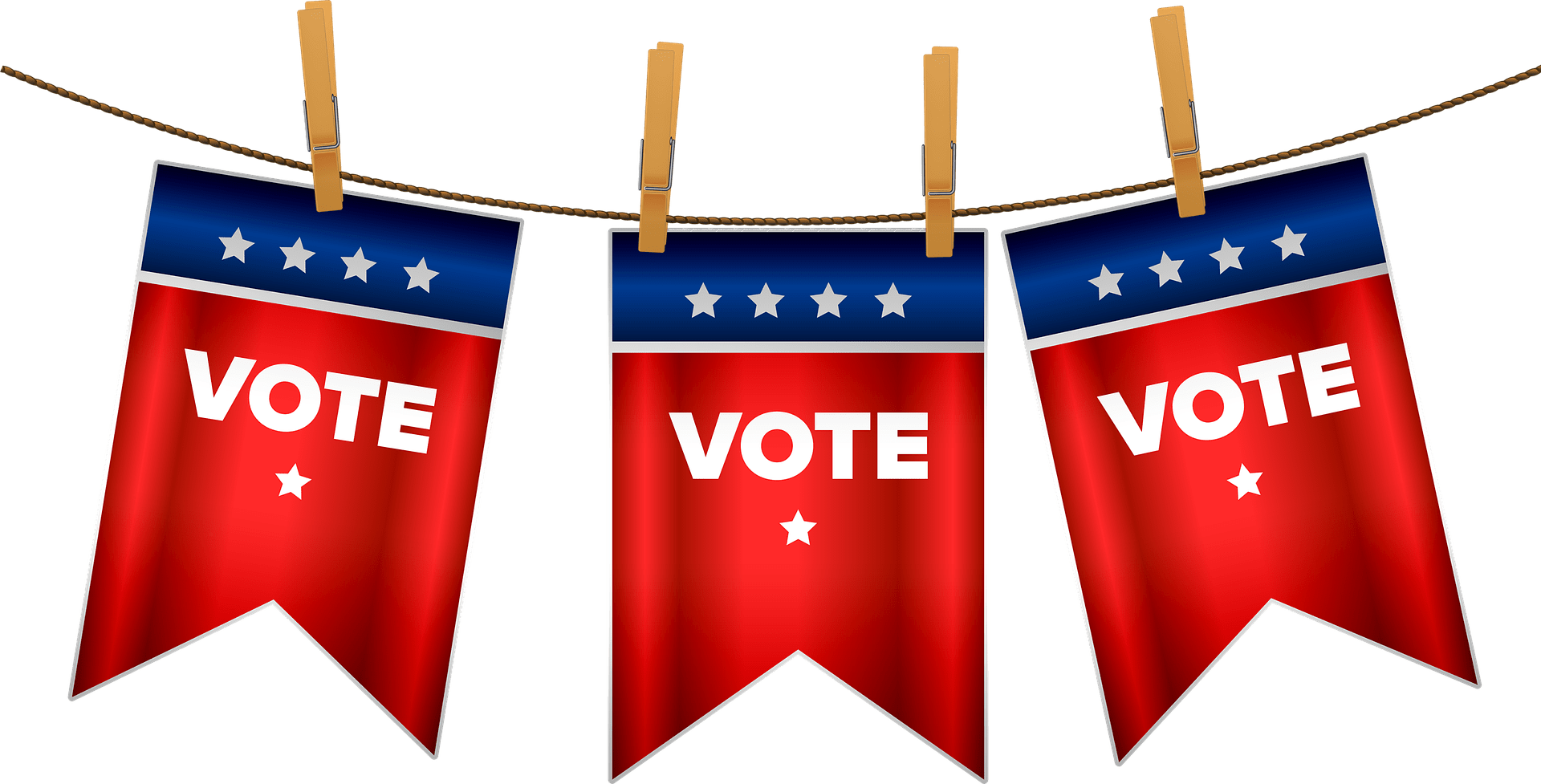The Truth About the Probability of Voter Fraud – It’s Highly, Highly, Highly, Unlikely

Talk about voter fraud has been swirling around the internet a lot. This is where it is important to go out and look for good data. Is voter fraud a problem? (you know the answer if you read the title above) Should we be worried? Why are people talking about this? It is common in human groups to assume that, if people are talking about a problem a lot, it is really a problem. What we know in sociology is that this is very often not true. I won’t turn this into a post on networks and information transmission, or a discussion of how certain ideas get transmitted because they fulfill a narrative we want to believe based on our values or beliefs about how we think people behave. Let’s just look at the process and see how it works out.
A study conducted by the Berkman Klein Center for Internet and Society at Harvard University looked at the response to President Trump’s statements about potential problems with voter fraud in the upcoming election. They found that there was an enormous spike in social media around voter fraud immediately after these comments from the President. Some social media posts were supportive of the President’s perspective and some disagreed with it. More importantly, the Pew Research Center found that the news source you listen to is highly correlated with whether you believe voter fraud is a problem. Just over half (52)% of the country thinks voter fraud is a problem, although only 25% think it is a major problem.
It turns out that none of these statements about the potential for high amounts of voter fraud are true. The overwhelming evidence shows that the voter fraud rate is very, very, very low. The best estimates show that the fraud rate is between 0.0003 percent and 0.0025 percent. Given that we have roughly 133 million registered voters, this represents a maximum of 3 fraudulent ballots per election.
So the question to contemplate is why we as a society have spread, discussed, and (in many cases) been swayed by this, or at least let it worry us about our elections? What underlying values, election outcome, or beliefs about human behavior does this public reaction to the comments from the President tell us about?
Photo credit: https://pixabay.com/illustrations/election-2020-vote-bunting-usa-5102700/

Leave a Reply